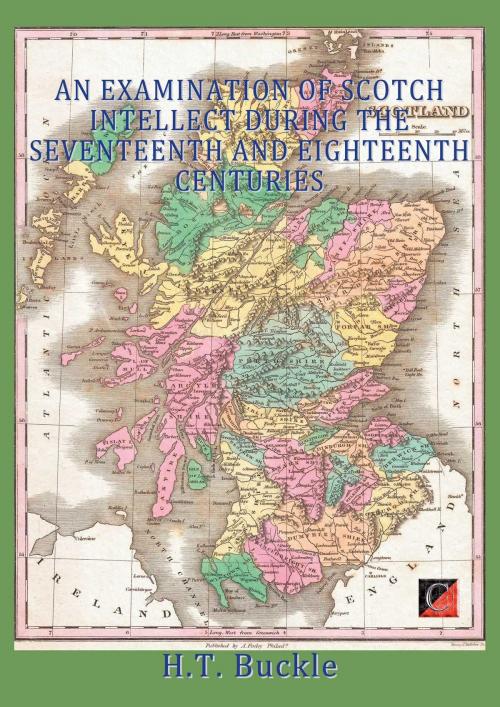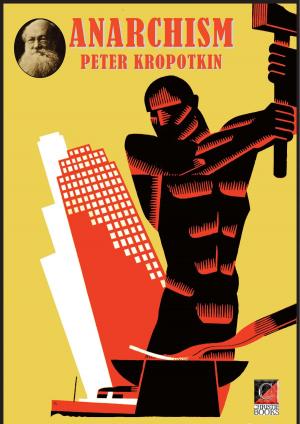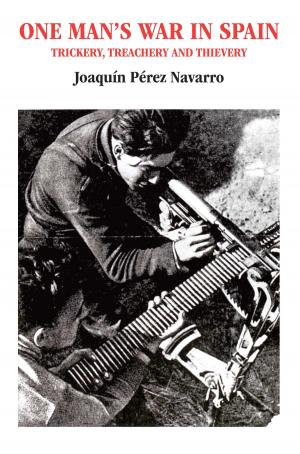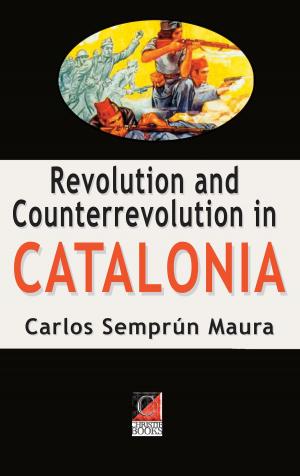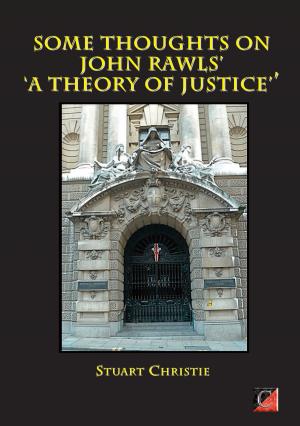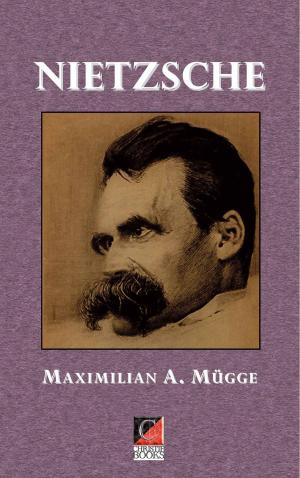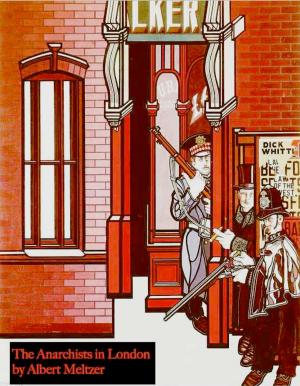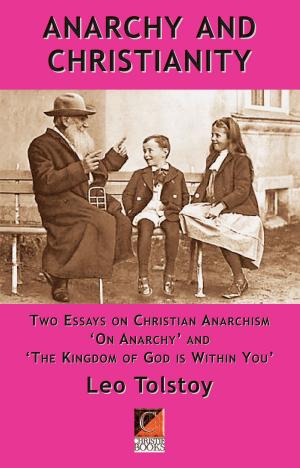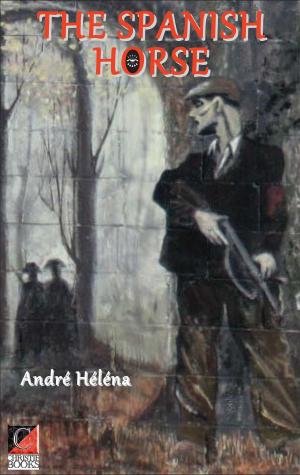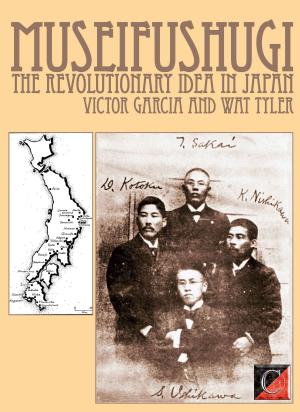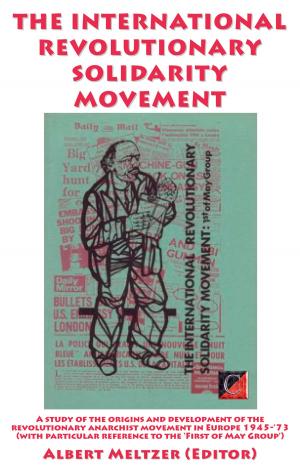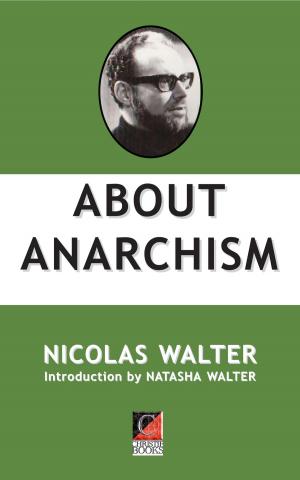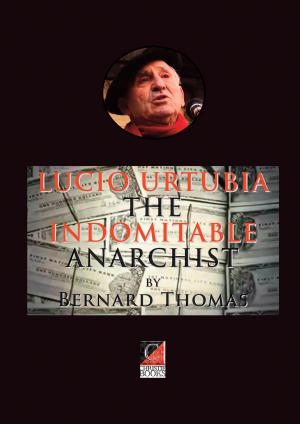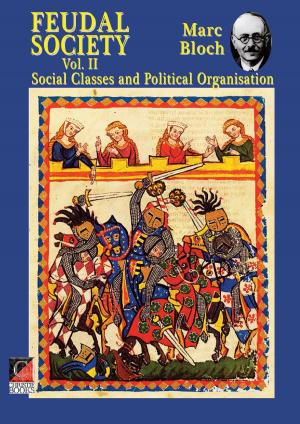AN EXAMINATION OF SCOTCH INTELLECT DURING THE SEVENTEENTH AND EIGHTEENTH CENTURIES
Nonfiction, History, Reference, Historiography, Renaissance, British| Author: | H. T. Buckle | ISBN: | 1230000831376 |
| Publisher: | ChristieBooks | Publication: | December 7, 2015 |
| Imprint: | ChristieBooks | Language: | English |
| Author: | H. T. Buckle |
| ISBN: | 1230000831376 |
| Publisher: | ChristieBooks |
| Publication: | December 7, 2015 |
| Imprint: | ChristieBooks |
| Language: | English |
“Have you read Buckle's second volume? It has interested me greatly; I do not care whether his views are right or wrong, but I should think they contained much truth. There is a noble love of advancement and truth throughout, and to my taste he is the very best writer of the English language that ever lived.” — CHARLES DARWIN
…The aspects of Scottish history to which Buckle turned his attention were ones that worried his contemporaries as much as himself Why was there such a difference in outlook between the Scots and the English? Why was the church history of the two countries so different? Why had the Scots apparently reacted in such a different way from the French and the English to the eighteenth-century Enlightenment? Why, above all, had Scotland produced a clerically-dominated religious revival in the first half of the nineteenth century, which had served to make Scotland unintelligible to the English, and had apparently reestablished a system of clerical tyranny?
For Buckle the answer to all these questions lay in the Scottish preference for deduction over induction. In England intellectual development had followed inductive lines—pref erring inferences drawn from experience to deductions drawn from hypotheses. In Scotland the preference had been all the other way—deductions drawn from theoretical propositions dominated Scottish thought and made for the tyranny of religious bigotry.
The Scotch are, in practical matters, not only industrious and provident, but singularly shrewd. This, however, in the higher departments of life, has availed them nothing; and, while there is no country which possesses a more original, inquisitive, and innovative literature than Scotland does, so also is there no country, equally civilized, in which so much of the spirit of the Middle Ages still lingers, in which so many absurdities are still believed, and in which it would be so easy to rouse into activity the old feelings of religious intolerance.”
Just how deeply Buckle felt about the matter comes out toward the end of his narrative.
In no other Protestant nation, and indeed in no Catholic nation except Spain, will a man who is known to hold unorthodox opinions find his life equally uncomfortable… in no civilized country is toleration so little understood as in Scotland. Nor can any one wonder that such shall be the case who observes what is going on there. The churches are as crowded as they were in the Middle Ages, and are filled with devout and ignorant worshippers, who flock together to listen to opinions of which the Middle Ages alone were worthy. And the result is that there runs through the entire country a sour and fanatical spirit, an aversion to innocent gaiety, a disposition to limit the enjoyment of others, and a love of inquiring into the opinions of others, and of interfering with them, such as is hardly anywhere else to be found.
“Have you read Buckle's second volume? It has interested me greatly; I do not care whether his views are right or wrong, but I should think they contained much truth. There is a noble love of advancement and truth throughout, and to my taste he is the very best writer of the English language that ever lived.” — CHARLES DARWIN
…The aspects of Scottish history to which Buckle turned his attention were ones that worried his contemporaries as much as himself Why was there such a difference in outlook between the Scots and the English? Why was the church history of the two countries so different? Why had the Scots apparently reacted in such a different way from the French and the English to the eighteenth-century Enlightenment? Why, above all, had Scotland produced a clerically-dominated religious revival in the first half of the nineteenth century, which had served to make Scotland unintelligible to the English, and had apparently reestablished a system of clerical tyranny?
For Buckle the answer to all these questions lay in the Scottish preference for deduction over induction. In England intellectual development had followed inductive lines—pref erring inferences drawn from experience to deductions drawn from hypotheses. In Scotland the preference had been all the other way—deductions drawn from theoretical propositions dominated Scottish thought and made for the tyranny of religious bigotry.
The Scotch are, in practical matters, not only industrious and provident, but singularly shrewd. This, however, in the higher departments of life, has availed them nothing; and, while there is no country which possesses a more original, inquisitive, and innovative literature than Scotland does, so also is there no country, equally civilized, in which so much of the spirit of the Middle Ages still lingers, in which so many absurdities are still believed, and in which it would be so easy to rouse into activity the old feelings of religious intolerance.”
Just how deeply Buckle felt about the matter comes out toward the end of his narrative.
In no other Protestant nation, and indeed in no Catholic nation except Spain, will a man who is known to hold unorthodox opinions find his life equally uncomfortable… in no civilized country is toleration so little understood as in Scotland. Nor can any one wonder that such shall be the case who observes what is going on there. The churches are as crowded as they were in the Middle Ages, and are filled with devout and ignorant worshippers, who flock together to listen to opinions of which the Middle Ages alone were worthy. And the result is that there runs through the entire country a sour and fanatical spirit, an aversion to innocent gaiety, a disposition to limit the enjoyment of others, and a love of inquiring into the opinions of others, and of interfering with them, such as is hardly anywhere else to be found.
